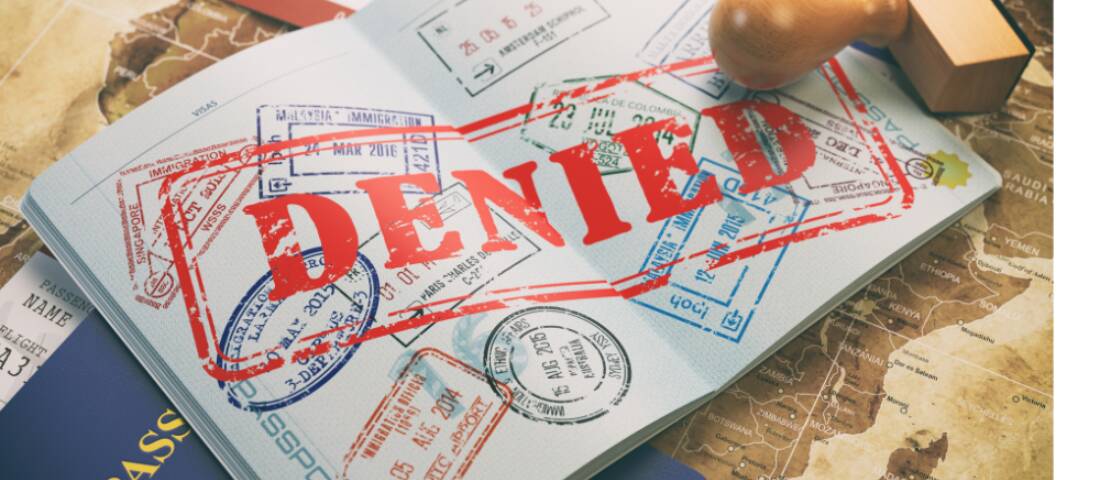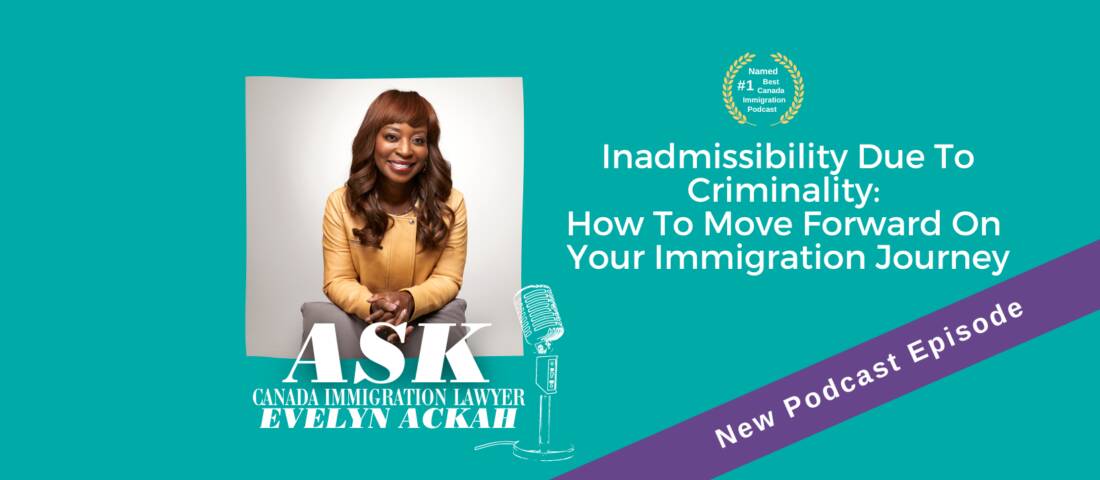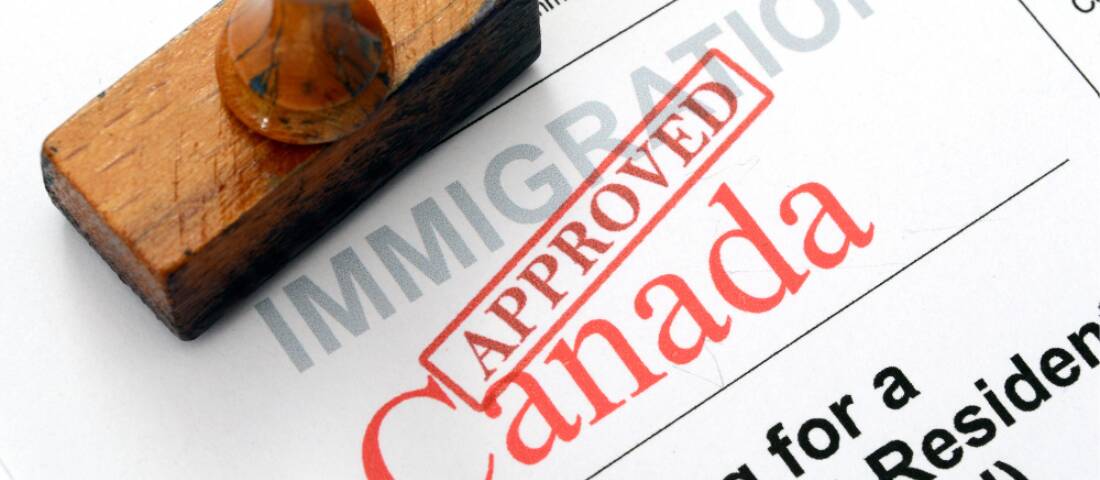Canada legalized the recreational use of marijuana 6 months ago, in October 2018. Employees who travel between Canada and the United States continue to have concerns about how legalized recreational marijuana in Canada and some U.S. states impacts crossing the Canada-U.S. border for business.
1. It is illegal for travelers to bring cannabis or any product containing cannabis into Canada, even if they have a prescription for medical marijuana.
2. Criminal inadmissibility for previous cannabis use and related issues in America can impact an employee's ability to enter Canada, even though marijuana recreational use is now legal. According to Canadian law, it is not necessary for the person to have been convicted of a crime to be found inadmissible.
Employers with employees who travel between Canada and the United States for business can help their staff cross borders seamlessly by training their employees on cannabis laws and the border procedures and regulations. Consulting a business immigration lawyer on admissibility laws and working with a company's Human Resources team on how to educate and train employees can help prevent employees from being denied entry at the border.
Canada immigration lawyer and cross-border business expert Evelyn Ackah advises,
Seek out legal advice on Canada-U.S. cross-border cannabis laws and issues in advance of sending employees on cross-border business: be prepared. Employees need to know how to respond when questioned about previous cannabis use, if they have ever been convicted of a marijuana related crime, and the severe consequences of lying to a border agent.
After 6 months of legalized marijuana use in Canada, employers are looking for more guidance. McMillan recently published best practices for cross-border business travelers.
Best Practices for Cross-Border Business Travelers
Employers whose businesses rely on cross border travel should consider undertaking the following measures:
- Draft clear employment policies that address requirements around personal cannabis use, possession, and cultivation for employees who must travel internationally on company business;
- Be proactive in ensuring employees are adequately prepared for port of entry questioning, which may include conducting training on port of entry best practices and ensuring employees obtain legal advice in appropriate circumstances;
- Include contractual provisions in employment agreements concerning termination where international travel is a requirement for the position and the employee is found inadmissible to the United States (or another country);
- Conduct training for all employees required to travel for business on the potential consequences of personal cannabis use, possession, cultivation, and conducting cannabis-related business; and
- Stay apprised of the developments in laws related to cannabis and cross border travel and ensure that employees who are required to travel for business are up to date on such developments.
Ackah Business Immigration Law offers employment law and human resources advisory services for companies that do cross-border business to protect their business interests and employees. Ackah Law recommends business review their HR policies and practices and consult a Canada cross-border business immigration expert if their business:
- sends employees to meetings, events or conferences for educational, sales or networking reasons to the U.S. or Canada from the other country
- has locations and employees in both the U.S. and Canada
- is considering expanding from the U.S. to Canada, or vice versa
- recruits and hires employees from Canada to work in the United States
- recruits and hires employees from the U.S. to work in Canada
- has American employees who visit Canada on holiday, for study or other personal reasons, and vice versa
Learn More:
- Canada's New Cannabis Laws and Cross-Border Travel: An Employer's Perspective
- What U.S. and Canadian Employers Need to Know About Canada's New Marijuana Laws
- How Canada’s New Marijuana Laws May Impact Your U.S. Travel








